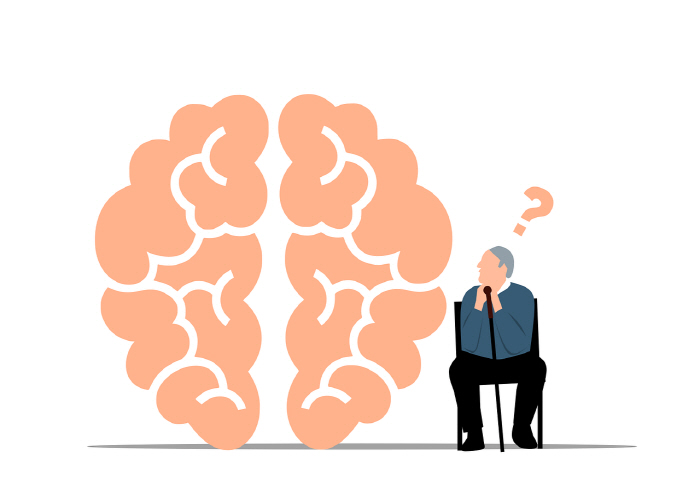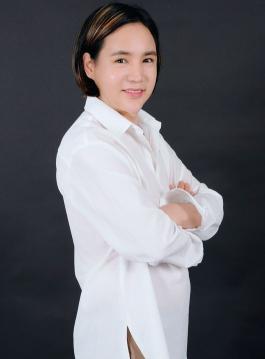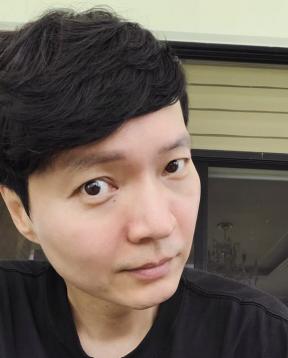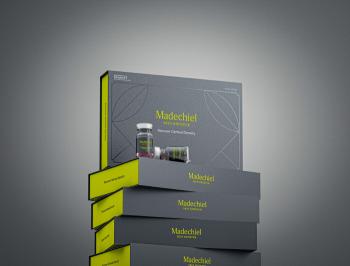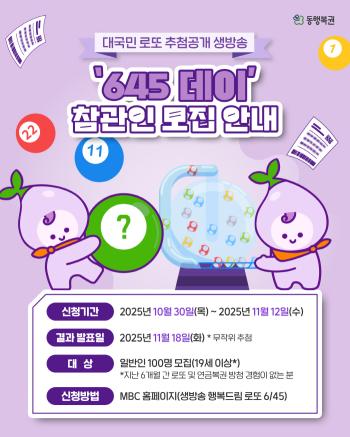Genetic testing predicts the risk of dementia...Korean researchers develop multi-gen risk scores optimized for Koreans
Oct 30, 2025
|
Until now, the possibility of dementia has been estimated based on some risk factors, but individual predictability is low and there are limitations in reflecting the actual progression of the disease.
Korean researchers have developed a method to predict the risk of developing dementia through related genetic tests.
This is the result of a research team led by professors Kim Hee-jin and Won Hong-hee of Samsung Medical Center and Seo Jin-soo of Yonsei University in the recent issue of the official journal of the Alzheimer's Association in the United States.
Based on the multi-genetic risk score (PRS) published in the Journal of the American Medical Association 'JAMA Network Open in 2022, the research team analyzed the data of 1,600 domestic patients and created a new scoring system optimized for Koreans. By combining genetic mutation information, we developed an 'optimal multi-genetic risk score' (optPRS) that can predict the risk of dementia and verified the pathology through organoids (artificial organs).
According to the study, the higher the optPRS score developed this time, apart from APOE, a genotype previously used to predict Alzheimer's disease, the higher the risk of development was 2.4 times higher. In addition, the risk of amyloid protein accumulation, a toxic protein that causes Alzheimer's disease, was found to be 2.0 times higher. In addition, verification through brain organoids showed significantly increased accumulation of tau protein and amyloid protein, another toxic protein, in high-risk Alzheimer's groups.
The researchers have registered two domestic patents for related technologies and are in the process of registration after completing applications in the United States and Europe.
Professor Won Hong-hee of Samsung Medical Center said, "The score developed this time has been verified in both Korean and Chinese data. It is useful for selecting high-risk genetic groups, so it is highly valuable for future use."
This article was translated by Naver AI translator.
